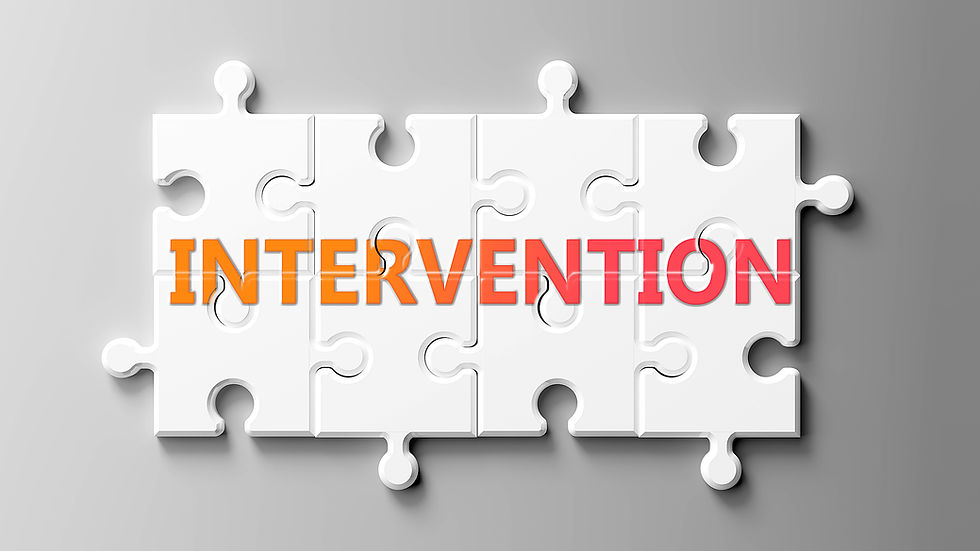How Can Anonymous Reporting Increase Student Safety and Address Suicide, Violence, Bullying, and Drug Use?
- Apr 2, 2024
- 2 min read
According to the US Secret Service Analysis of Plots against Schools, 74% of school shooters have made some written, visual, verbal, or online statement that could serve as a warning sign; it underscores the potential value of systems that allow for reporting concerning behavior. Here’s how anonymous reporting systems can be especially beneficial:
Early Intervention
Preventing Escalation:

Anonymous reporting systems can facilitate the early identification of concerning behavior, allowing school authorities and mental health professionals to intervene before a situation escalates to violence or self-harm.
Early Support:
For individuals struggling with issues like bullying or contemplating suicide, early detection through these reports can lead to timely support and counseling, potentially averting crises.
Safety and Anonymity

Encouraging Reporting:
Anonymity can encourage more students and parents to report concerning behaviors or threats without fear of retaliation or stigma, leading to a more comprehensive understanding of the school's safety climate.
Removing Barriers:
The fear of being identified as the reporter can be a significant barrier to reporting. Anonymous systems remove this barrier, potentially increasing the volume and quality of reports.
Comprehensive Monitoring
Identifying Patterns:

Such systems allow schools to collect data over time, helping identify patterns or trends in behavior that may not be evident from isolated incidents. This can inform more effective, targeted interventions.
Holistic Approach:
Reporting systems that encompass a range of issues, including bullying, suicide, and threatening behavior, recognize the interconnectedness of these problems. Addressing them holistically can contribute to a healthier school environment.
Community Involvement

Engaging the School Community:
By involving students, parents, and staff in a shared responsibility for school safety, these systems can foster a culture of vigilance and mutual care.
Direct Connection:
Integrating notifications directly to the parents of affected students could save time and clarify the reports, resulting in quick and positive outcomes for students, parents, staff, and institutions.
Challenges and Considerations
Follow-Up:

The effectiveness of an anonymous reporting system depends on the ability to appropriately follow up on reports. By involving parents when anonymous reports are submitted, there is shared responsibility in acknowledging, accessing and managing every report.
False Reports:
Schools must also be prepared to address the possibility of false or malicious reports, ensuring that responses are proportionate and based on thorough and cooperative action with parents.
Given the potential of such systems to prevent violence and support at-risk individuals, their implementation can be valuable to a school’s safety strategy when done with community involvement. However, it's essential to view these systems as part of a broader approach to school safety and mental health, including training for staff and students, a supportive school climate, and accessible mental health resources.

At SocialTrase, we have integrated an anonymous reporting platform with our student monitoring system. Students, parents, and staff can anonymously report concerning behavior regarding specific students, and the reports are sent to the concerned parents and school administrators for further action.
.png)







Comments